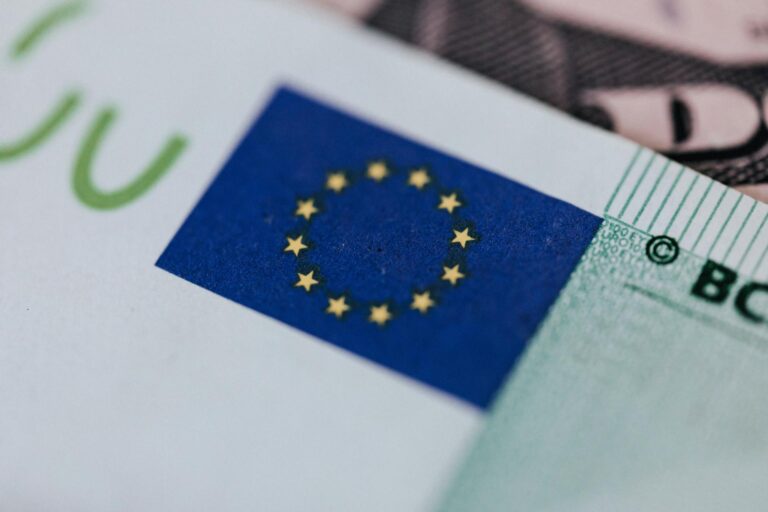DISCLAIMER
This website does not apply to residents in the USA or the European Union (EU), or those who use this information in violation of local laws and regulations.
The information on this website is not targeted at the general public of any particular country. It is not intended for distribution to residents in any country where distribution is against local laws or regulatory requirement.
Investing in the Company’s derivative products carries significant risks and is not suitable for all investors. You could lose more than your deposits. You do not own, or have any interest in, the underlying assets. We recommend that you seek independent advice and ensure you fully understand the risks involved before trading. For more details, please visit our
legal page.
Forex and CFDs are complex instruments and come with a high risk of losing money rapidly due to leverage. Between 74–89% of retail investor accounts lose money when trading Forex and CFDs. You should consider whether you understand how Forex and CFDs work and whether you can afford to take the high risk of losing your money.
COMPANY
Scandinavian Capital Markets, a fully owned subsidiary of Scandinavian Capital Markets SCM AB, will collectively be referred to as Scandinavian Capital Markets. This website is created and presented in adherence to the pertinent laws and regulations that apply to both entities. The products featured on this website are issued by Scandinavian Capital Markets.
Scandinavian Capital Markets SCM AB has been registered in Sweden with the Financial Supervisory Authority (Finansinspektionen) since 2012, under registration number 80438. It conducts a financial services business in Sweden, limited to providing the financial services covered by its registration with the Swedish Finansinspektionen.
Scandinavian Capital Markets is registered, licensed, and regulated by the Mauritius Financial Services Commission, with a license number of GB24203561. The company conducts a financial services business in Mauritius, providing services outlined by the Mauritius Services Commission's Investment Dealer license.
Scandinavian Capital Markets does not accept clients from the USA, European Union (EU), Afghanistan, Belarus, Burma, Burundi, Central African Republic, Congo, Cuba, Guinea, Guinea-Bissau, Iraq, Iran, Indonesia, Lebanon, Libya, Malaysia, Mali, Moldova, Nicaragua, North Korea, Russia, Somalia, Sudan, South Sudan, Syria, Vanuatu, Venezuela, Yemen, and Zimbabwe. Scandinavian Capital Markets may reject any applicant from any jurisdiction at their sole discretion without the requirement to explain the reason why.
© 2024 Scandinavian Capital Markets®. All rights reserved.






